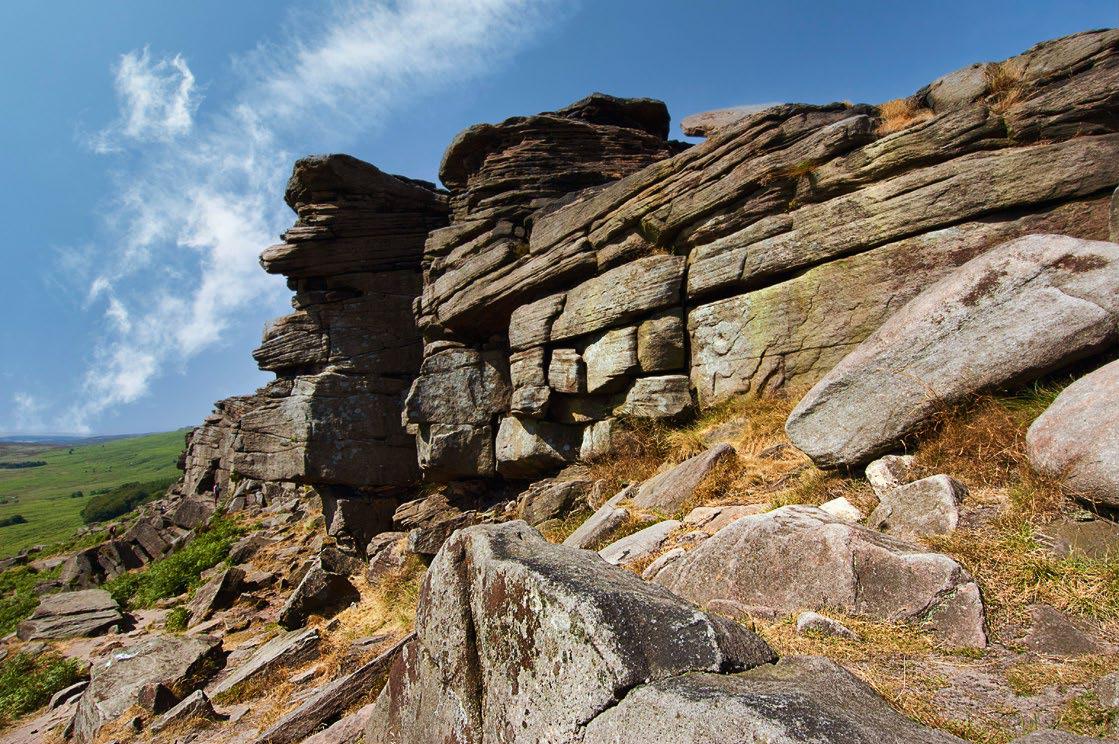
When it comes to shooting landscapes, we can’t always be in the right place at the right time. Of course, if you are in a good location, the first of these boxes will automatically be ticked, but getting the right conditions to coincide with the time you are there is all down to Mother Nature! You may have the bones of a great scenic shot but if the sky is a dull grey – or an equally dull, plain, cloudless blue – all you can do is wait, and hope.
If your schedule means you can’t wait for the light to change, this technique gives you a digital route to a better shot. It involves the process of compositing, where an image is created from different components. This is a skill used in areas such as commercial and advertising photography, where the impact of the end result is what counts, and not the ‘purity’ of the process used to get there.
Whether you want your landscapes to be composited from different pictures depends on your taste and ethical approach, but as with all creative endeavour, there’s never any harm in learning the skills employed to achieve a task.
STEP BY STEP REPLACING SKIES IN YOUR SCENES
Learn how to customize and adjust your skies without having to wait for the weather
01 START THE SKY REPLACEMENT TOOL
This story is from the January 2023 edition of PhotoPlus : The Canon Magazine.
Start your 7-day Magzter GOLD free trial to access thousands of curated premium stories, and 9,000+ magazines and newspapers.
Already a subscriber ? Sign In
This story is from the January 2023 edition of PhotoPlus : The Canon Magazine.
Start your 7-day Magzter GOLD free trial to access thousands of curated premium stories, and 9,000+ magazines and newspapers.
Already a subscriber? Sign In
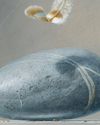
The Art of Copying Art - James Paterson shows you how to use your Canon gear to capture artwork and paintings the right way with simple camera and lighting skills
Whether you want to capture a painting like the above, digitise old prints or reproduce any kind of canvas, there's real skill in capturing artwork with your camera. Not only do you need the colours to be accurate, you also need to master the spread, angle and quality of the light to minimise glare and show the work at its best.This painting by the artist Bryan Hanlon has a wonderfully subtle colour palette. To reproduce the painting in print and digital form, it needs to be captured in the right way.
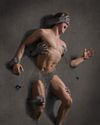
Fright night
Canon photographer and digital artist Alexander loves to craft incredible fantasy scenes with a spooky horror twist

Sharpen your shots with DPP
Sharpening a digital image also increases contrast at the edge of details

CANON ImagePrograf PRO-1100
Deeper blacks, better bronzing, greater lifespan and 5G Wi-Fi -Canon's new printer is full of new tech, says
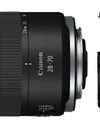
Canon's new 'kit lens' is actually a half-price f/2.8 trinity lens!
The Canon RF 28-70mm F2.8 IS STM lacks a red ring, but borrows premium features from its L-series siblings

DREW GIBSON
Pro motorsports photographer Drew on why he hasn't (yet) switched to Canon's mirrorless system, why old-school techniques can be the most reliable, and the lessons learned from more than a decade shooting the world's biggest car brands

Up in smoke
Make a smoky shape in Affinity Photo and get to grips with the amazing Liquify Persona under the guidance of James Paterson

Expand your creativity with Generative Fill
Photoshop's Al-powered feature brings revolutionary new tools to image editing. James Paterson reveals all...

Turn your images into vintage postcards
Wish you were here? Sean McCormack explains how you can give your summer photographs a vintage postcard look
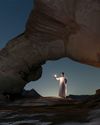
The Angel Malibu
Light painting an American movie producer in the Wadi Rum Desert in Jordan was a highly unlikely evening out for David!